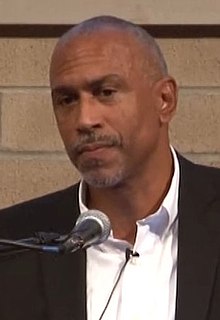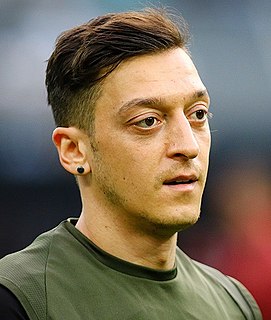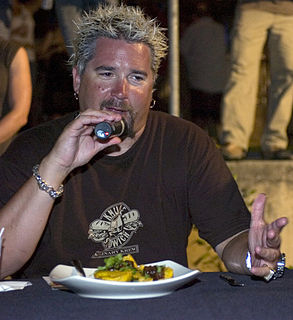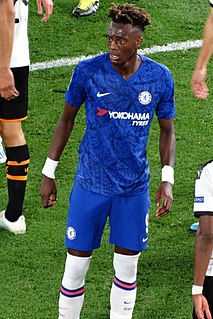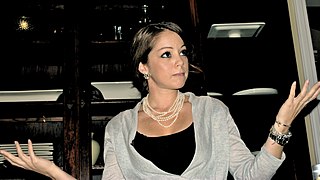A Quote by Pedro Noguera
Middle-class kids get to play, develop their thinking ability. Poor kids are much more likely to get regimentation under the guise of socialization. On top of it, we have huge segregation in early childhood programs. I don't see these patterns changing anytime soon, and that's a big obstacle.
Related Quotes
One thing that I notice that is changing, you don't see kids on Sunday. Most of them are home. The kids are having much more virtual childhoods instead of childhoods. They don't play ball or hang out with the wrong people or get in fistfights, all the things that once made childhood. I don't know how it's going to turn out.
What was on the agenda was school and social life and those kinds of things. So I was the middle of five kids. So I had the great advantage of being able to play up to the older kids and play down to the younger kids and I think that's part of what propelled me to become a teacher at some point in my life. But it was a comfortable childhood. It was a privileged childhood.
Studies show that the more often families eat together, the less likely kids are to smoke, drink, do drugs, get depressed, develop eating disorders and consider suicide, and the more likely they are to do well in school, delay having sex, eat their vegetables, learn big words and know which fork to use.
